A political storm has erupted after Aden Duale’s remarks about issuing over three million refugees in Dadaab and Kakuma with Kenyan identity cards and allowing them to vote.
According to a viral post, Duale insisted that these refugees should be absorbed as citizens and participate in elections and national decision-making, citing the United States as an example where immigrants are allowed to vote.
His statement has sparked intense backlash, with senior lawyer Paul Muite stepping in to challenge the move, warning that Kenya’s demographic balance is under threat.
Paul Muite, a respected legal mind and seasoned political figure, did not hold back. He took to social media to demand public participation before any such policy is implemented.
He made it clear that the decision to naturalize millions of refugees and grant them voting rights cannot be made without consulting the people. His strong stance reflects the concerns of many Kenyans who see this move as a direct alteration of the country’s political and social fabric.
Many fear that an influx of new voters could dramatically change electoral outcomes, particularly in regions where refugee populations are concentrated.Duale, however, appears determined to push forward with his proposal.
He argues that Kenya has a moral obligation to integrate these refugees, many of whom have lived in the country for decades. By comparing Kenya to global democracies like the U.S., where immigrants can become citizens and vote, Duale portrays his plan as progressive and inclusive.
However, critics question his true intentions, suggesting that this could be a politically motivated move to shift voter demographics in favor of certain political interests.
The controversy has now turned into a heated national debate. Many citizens are questioning why the issue is being raised now and whether there are hidden agendas behind it. Kenya has long hosted large refugee populations, but the idea of granting them voting rights has never been pushed this aggressively.
Concerns about national security, economic strain, and the dilution of indigenous communities’ influence in elections have fueled the backlash. Some argue that Kenya’s resources are already stretched thin and that adding millions of new citizens would only worsen the situation.
Muite insists that such a decision cannot be left to Cabinet pronouncements alone. He has emphasized the need for public participation, urging Kenyans to voice their opinions before the government takes any irreversible steps. His concerns resonate with many who believe that altering the voter base without national consensus could destabilize the country.
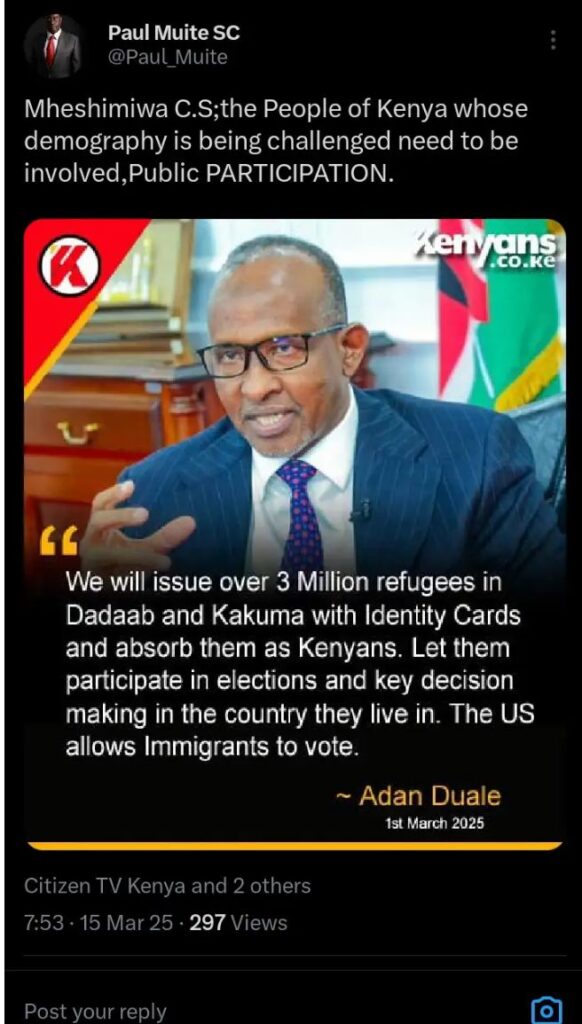
With elections always a sensitive issue, the fear of manipulated demographics is not unfounded. The government now finds itself in a tight spot. If Duale’s proposal moves forward, it could lead to widespread protests and legal battles. If it is abandoned, questions will remain about why it was brought up in the first place.
Either way, the debate over refugees and citizenship has exposed deep divisions within the country. Whether this is a genuine push for inclusivity or a calculated political maneuver remains to be seen, but one thing is clear, Kenyans are watching closely, and they will not accept decisions that threaten their national identity without a fight.







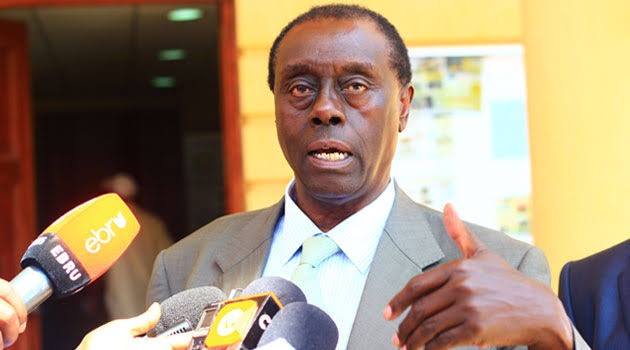
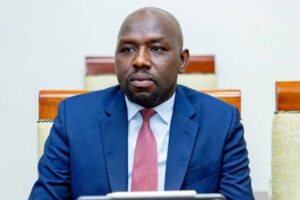





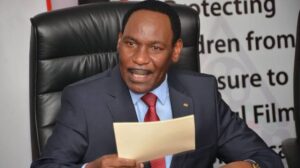
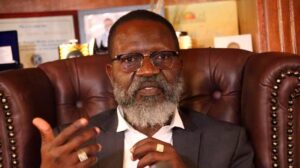
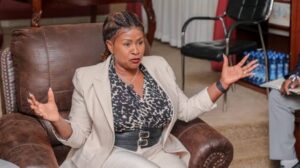
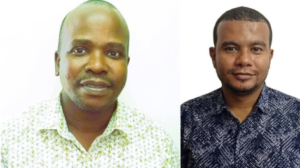

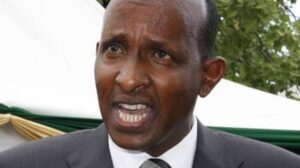

Add Comment